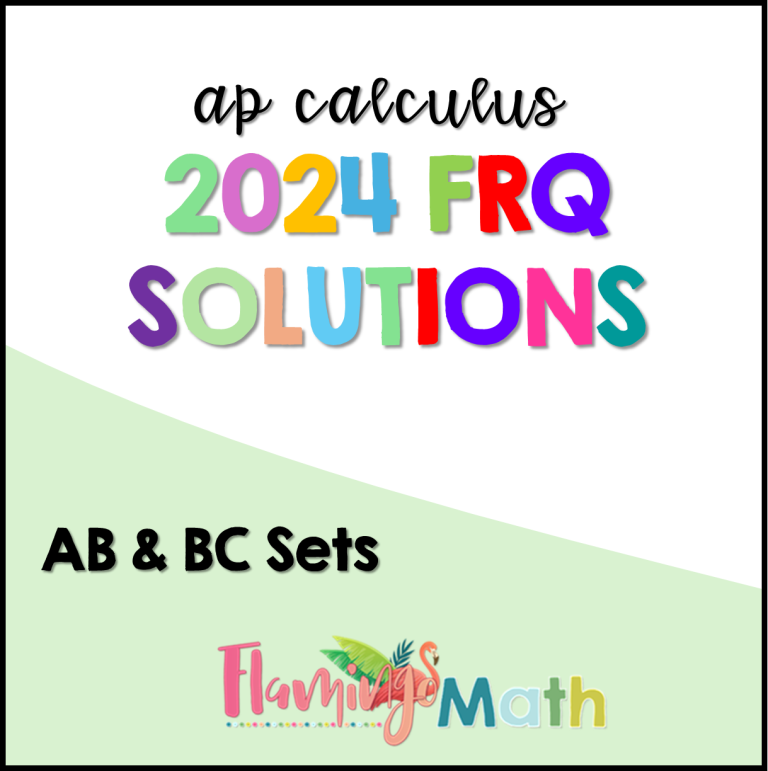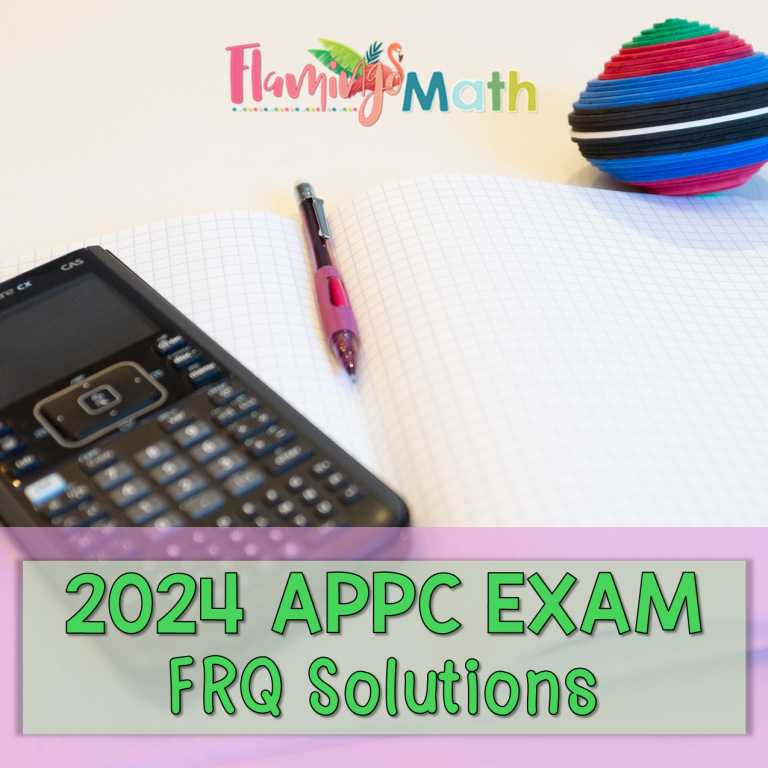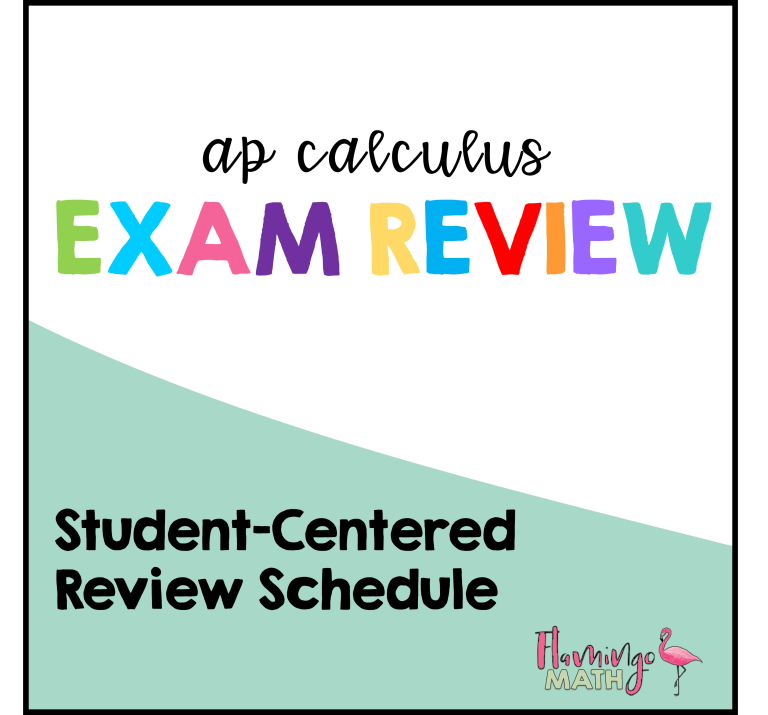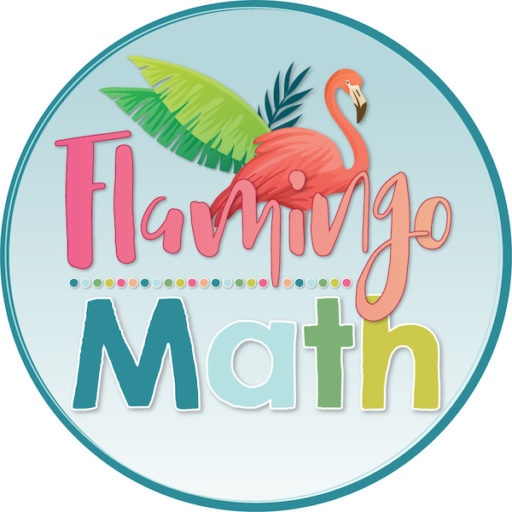 I am a true believer in DinahZike’s Foldables® and the power of ownership when students create an individual journal for almost every subject area. Teachers have fondly labeled these works of art as INTERACTIVE NOTEBOOKS. In fact, I was sold on the approach in 2000-2001, when Pearson textbooks offered a training session on using Foldables in my district. I have seen first-hand, so many benefits and will never go back to older methods of notetaking.
I am a true believer in DinahZike’s Foldables® and the power of ownership when students create an individual journal for almost every subject area. Teachers have fondly labeled these works of art as INTERACTIVE NOTEBOOKS. In fact, I was sold on the approach in 2000-2001, when Pearson textbooks offered a training session on using Foldables in my district. I have seen first-hand, so many benefits and will never go back to older methods of notetaking.
This is my 15th year of using a hands-on approach to notebooking. I completely understand the tremendous benefits in the classroom to students and teachers. As my school plans to go to a 1:1 format next year, I have begun to think about the future. How can I keep the excitement and ownership alive if my students are given a computer or tablet? I am an educator of students who will live, work, and thrive in a world that is foreign to me. Am I preparing these learners for the world in which they will live? Do I even have a grasp of what the future will hold for them? Will I have to quit using Interactive Notebooks? or can I adapt?
 I’m sure my teachers wondered about the future and whether or not they were preparing us for the 21st century workplace. The invention of calculators, computers, microwaves, cell phones, digital cameras, and so much more. How could they have known what we needed to succeed in the world of work through the 80’s, 90’s and beyond? Would the open classroom concept and new math work? Did females and minorities really need to be thinking about a college education? We were a Nation At Risk! There have been so many trends in education that seem to come and go. But Alvin Toffler predicted this information-technology world, in which we now live, in his book Future Shock, written in 1970, my senior year of high school. Information is turned over every 6 – 12 months now.
I’m sure my teachers wondered about the future and whether or not they were preparing us for the 21st century workplace. The invention of calculators, computers, microwaves, cell phones, digital cameras, and so much more. How could they have known what we needed to succeed in the world of work through the 80’s, 90’s and beyond? Would the open classroom concept and new math work? Did females and minorities really need to be thinking about a college education? We were a Nation At Risk! There have been so many trends in education that seem to come and go. But Alvin Toffler predicted this information-technology world, in which we now live, in his book Future Shock, written in 1970, my senior year of high school. Information is turned over every 6 – 12 months now. Brain research shows the benefits of growth in the developing brain of our students when they are writing, coloring, creating, cutting, and collaborating. Personally, I can’t imagine a classroom that will ever be without paper and the chance to express one’s creative side. To take notes in our own hand, to doodle while thinking.
Brain research shows the benefits of growth in the developing brain of our students when they are writing, coloring, creating, cutting, and collaborating. Personally, I can’t imagine a classroom that will ever be without paper and the chance to express one’s creative side. To take notes in our own hand, to doodle while thinking.
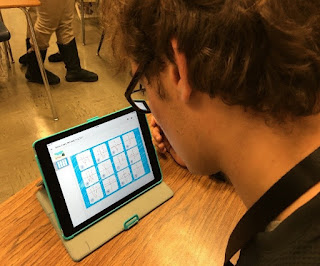 I would encourage educators to consider the possibilities of a NEW OPPORTUNITY TO INTERACT with students; to become a part of the world in which they will live and learn. I would challenge teachers to consider a paradigm shift from the world in which we learned, and took notes, a world where we rarely collaborated with our peers; to experience a different approach of providing information to learners. If we have a FIXED MINDSET that old methods are the only methods, we might miss out on some really fantastic ideas. We will never know the benefits or obstacles unless we give technology a chance.
I would encourage educators to consider the possibilities of a NEW OPPORTUNITY TO INTERACT with students; to become a part of the world in which they will live and learn. I would challenge teachers to consider a paradigm shift from the world in which we learned, and took notes, a world where we rarely collaborated with our peers; to experience a different approach of providing information to learners. If we have a FIXED MINDSET that old methods are the only methods, we might miss out on some really fantastic ideas. We will never know the benefits or obstacles unless we give technology a chance.Get Your Free Math Resources Today
Join the Flamingo Math Flock to receive news, FREEBIES and updates!
Success! Now check your email to confirm your subscription. We are happy to have you join our Flamingo Math flock! Jean






